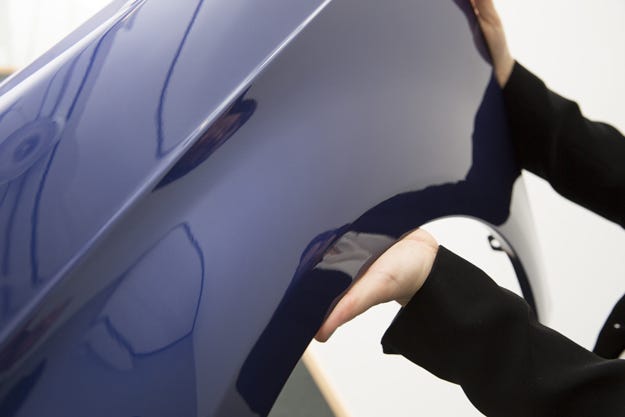The winner of the 2015 Bio-based Material of the Year Innovation Award was Bayer MaterialScience (BMS; Leverkusen, Germany), which was recognized for the development of Desmodur Eco, the first biobased polyurethane crosslinker for high-performance automotive coatings. While bio-polyols were already available on the market, a biobased isocyanate was not.
April 14, 2015
The winner of the 2015 Bio-based Material of the Year Innovation Award was Bayer MaterialScience (BMS; Leverkusen, Germany), which was recognized for the development of Desmodur Eco, the first biobased polyurethane crosslinker for high-performance automotive coatings. While bio-polyols were already available on the market, a biobased isocyanate was not.
Desmodur Eco N is a new, solvent-free aliphatic polyisocyanate called pentamethylene diisocyanate (PDI). Seventy percent of its carbon content comes from biomass. It is produced using energy-efficient gas-phase technology to ensure minimum impact on the carbon footprint. This product enables the production of biobased polyurethanes for high-performance automotive coatings.
Describing the product as a “near drop-in with upside potential,” BMS plans to launch a new platform based on this technology. Desmodur Eco N will be officially introduced onto the market next week. It will become commercially available in 2016; global capacity will be 20,000 tons in existing facilities—enough, said the company, to satisfy demand for the next five years.
To see another slide show published by PlasticsToday this week devoted to medical breakthroughs using 3D printing, click on the arrow under the image.


About the Author(s)
You May Also Like


